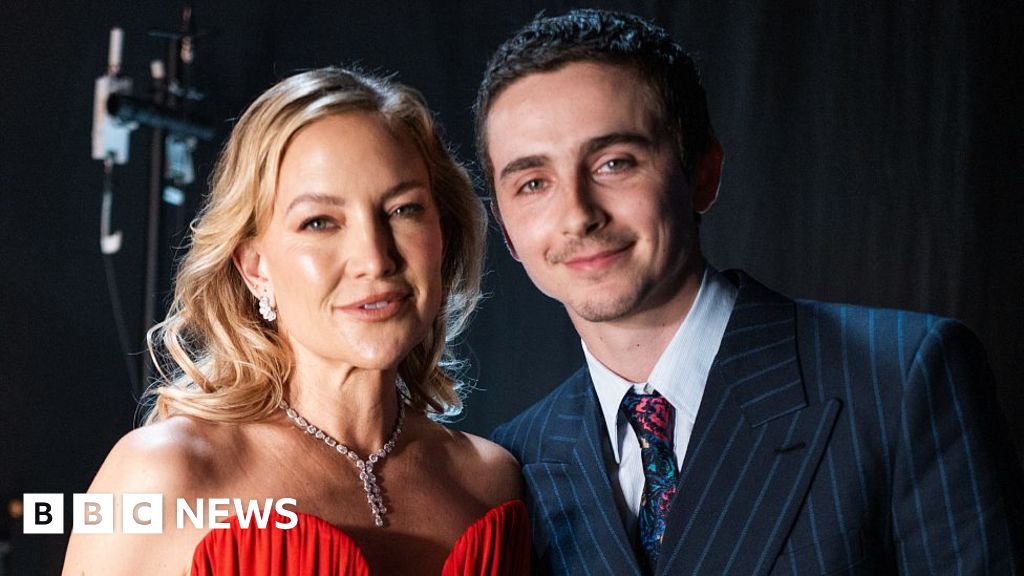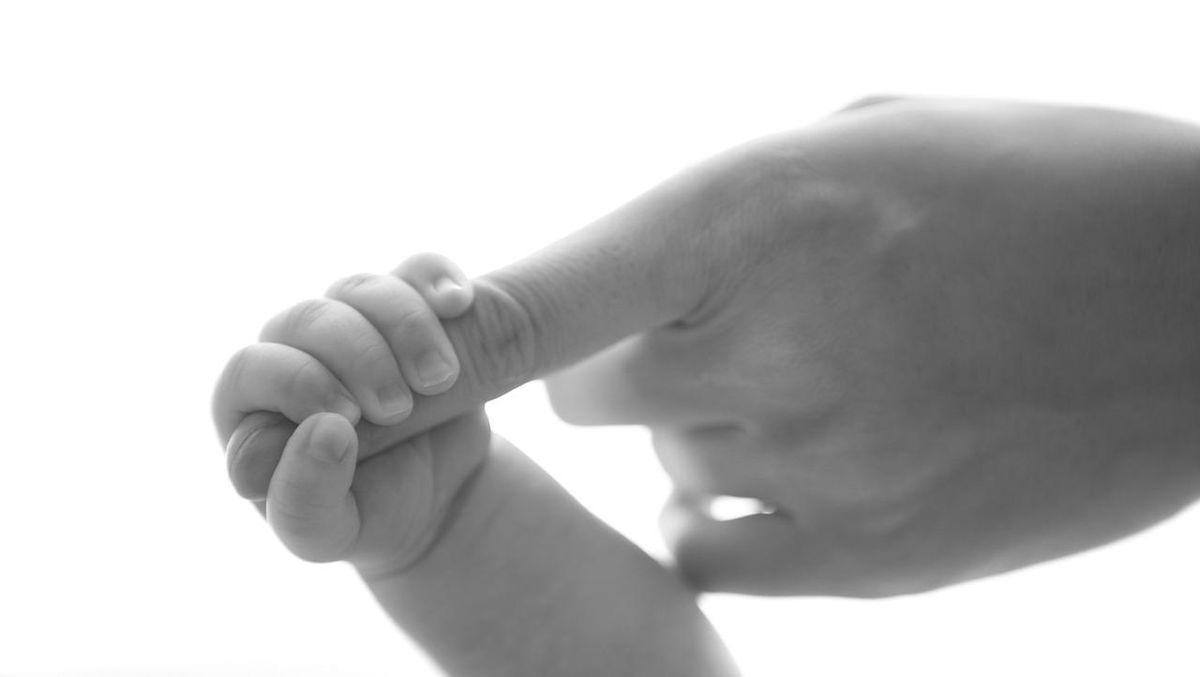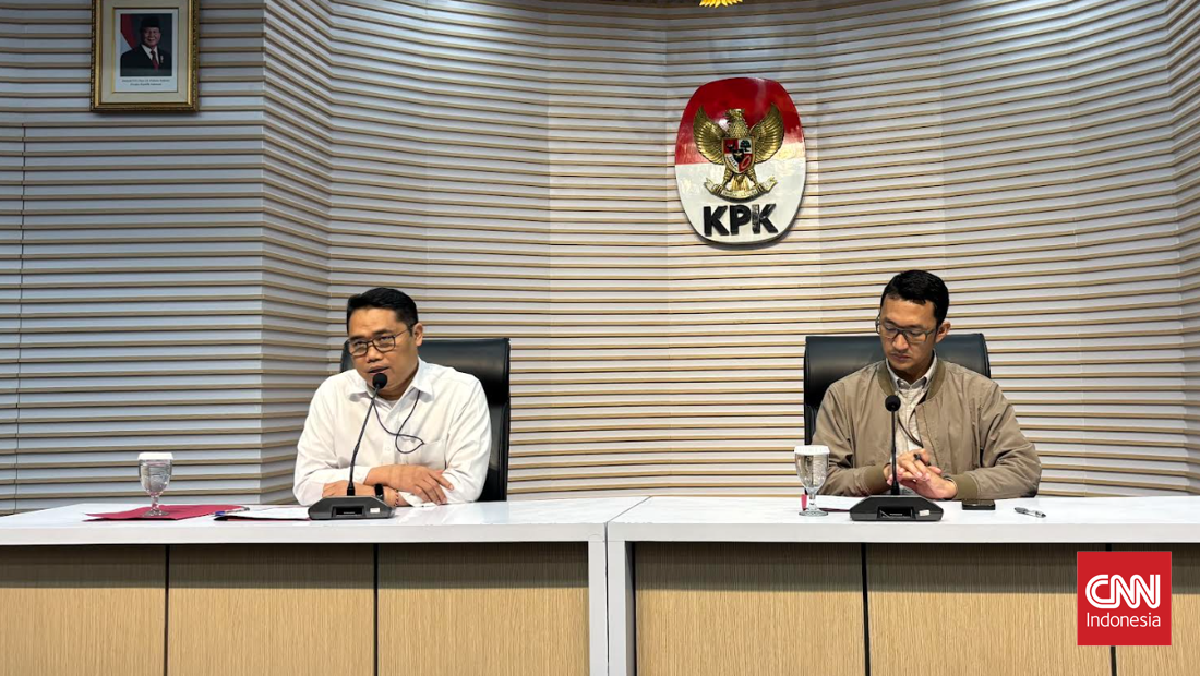Opinion
September 15, 2025 — 5.00am
September 15, 2025 — 5.00am
What if the Brexit vote in 2016 was merely Britain’s populist pre-quake? And what if the “big one” is yet to come? These seismological questions are now being asked in Westminster, after a northern summer in which Nigel Farage’s Reform UK has dominated the polls.
A decade ago, the notion this ebullient former commodities trader could one day enter 10 Downing Street would have seemed as fantastical as Donald Trump taking up residence at 1600 Pennsylvania Avenue. A decade ago, Reform UK did not even exist. Yet in an age in which the politically impossible frequently becomes real, Farage is being spoken of almost as a prime-minister-in-waiting.

Illustration: Joe BenkeCredit:
This Farage frenzy is a tad premature. The next UK general election is almost four years away. Two-hundred or so weeks is a long time in politics. Presently, Reform UK holds just four seats in the House of Commons. With 399, Labor has almost 100 times that number. Yet at a time when party affiliations are so fluid, and when the political establishment is the target of such ire, normal rules no longer apply.
In this year’s local council elections, Reform won 677 seats – 41 per cent of those up for grabs. Consistently over the past six months, it has been getting more than a 30 per cent share in opinion polls, putting it ahead of the Conservatives and Labour. “Never before has a party other than Conservative or Labour been ahead in the polls for so long,” notes Sir John Curtice, Britain’s equivalent of the ABC’s election analyst Antony Green.
Anger about immigrants crossing the English Channel in small boats. Fears that multiculturalism has eroded an oak-hearted sense of English identity. The suspicion metropolitan elites sneer at their white working-class compatriots. A nagging sense of post-imperial malaise. All have contributed to Reform’s rise.
Loading
In a sign of mounting anger, a march organised by the far-right activist Tommy Robinson in London over the weekend attracted more than 110,000 people. Farage has said Robinson is not welcome in Reform.
The major parties are also on the nose. After little more than a year in office, the Labour government, under Sir Keir Starmer, is deeply unpopular. Having won a loveless parliamentary landslide at the 2024 general election, the mood of anti-incumbency which led to the ouster of an unpopular Tory government boomeranged instantly. “No drama Starmer” is struggling to cut through against a human headline such as Farage.
The Conservative Party, one of the world’s most effective election-winning machines, is also in disarray. Its leader is Kemi Badenoch, who was born in Britain but raised by her Nigerian parents until her teenage years in Lagos. Much of Reform’s appeal is based on nostalgic nationalism. Badenoch, though staunchly conservative, presents precisely the kind of modern British face some of Reform’s more xenophobic supporters find so threatening. In a potential shattering of Britain’s two-party system, Reform is drawing support from both its main rivals.
Its recent party conference in Birmingham felt like a pre-emptive victory rally, with MAGA-like triumphalism and unorthodoxy. There were Make Britain Great Again caps and even a speaker from America who suggested the cancers suffered by King Charles and the Princess of Wales were linked to the COVID-19 vaccine.
Loading
As with the rise of Donald Trump, much of the media is offering a helping hand. Westminster-based reporters who did not see Brexit coming are determined not to make the same mistake again. To prove their fingers are firmly on the pulse of middle Britain, many are talking up Reform’s chances. In a classic case of “better story bias” – the tendency among journalists to produce coverage that comports with storylines that provide the most entertainment value – a Reform revolution which ends with Farage kissing the ring of the monarch makes for a ripping yarn.
Could a Farage-like figure emerge here? Or is Australia immune from the populism that has taken hold in the US, UK, Italy, France, Germany and Hungary?
Australia’s homegrown form of democracy, with its compulsory and preferential voting, obviously offers safeguards, and steers politics towards the middle ground. The piss-taking streak in the national character militates against an Aussie demagogue. The tall poppy syndrome tends to scythe down politicians with tickets on themselves. Isn’t that when Senator Jacinta Nampijinpa Price first ran into trouble? When she defected from the Nationals to the Liberal Party so soon after the election, which made her look power hungry, and then told Sky News Australia that “I know there’s a lot of Australians who’d love to see” her become PM.
Australia has already had a populist tremor. It came with Pauline Hanson’s shock win in Oxley at the 1996 federal election, and her incendiary maiden speech to parliament. In response, the Liberal Party tacked to the right on border protection – most conspicuously at the Tampa election. Labor, in response to John Howard’s repeated victories, became more pragmatically conservative.
Loading
Since then, the bipartisanship of Australia’s hardline immigration policies, which Farage lauds, has made it difficult for One Nation to outflank Labor or the Coalition on border protection and immigration. Just look at the numbers. One Nation reached its high watermark at the 1998 election, taking 8.43 per cent of the vote. Only once since then has it cracked 5 per cent – in 2025, when it received 6.4 per of the vote. Though One Nation got a 22 per cent vote share in the 1998 Queensland state election, it has not produced a major populist eruption at the federal level.
Often now we talk of the Overton Window, the term used to describe the range of rhetoric and policies that the public finds acceptable at any given time. The repudiation at this year’s federal election of Peter Dutton, a hard-right Liberal leader who railed in 2018 against “African gang violence”, underscored it is closer to the centre in Australia than in either the UK or US.
Also instructive is the sacking from the shadow ministry of Jacinta Nampijinpa Price amid the controversy of her remarks suggesting the Albanese government was favouring Indian migrants to boost Labor’s vote. It indicates Sussan Ley’s Liberal Party is ready, albeit hesitantly, to police the boundaries of acceptable political speech.

Populist politician Nigel Farage has not yet committed to leading the Reform Party.Credit: AP
Perhaps over the coming years, the parameters of the Australian Overton Window will be determined by a Price test. Can this outspoken senator continue to be so unapologetically trenchant and pull off a political comeback?
Nick Bryant is the author of The Rise and Fall of Australia: How a Great Nation Lost Its Way.
Most Viewed in Politics
Loading


















































